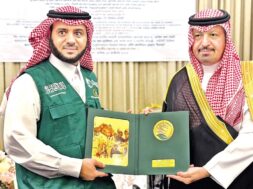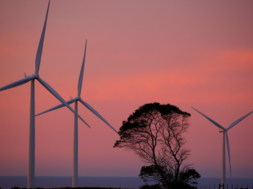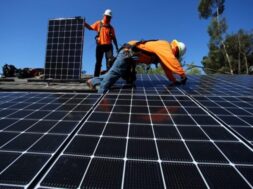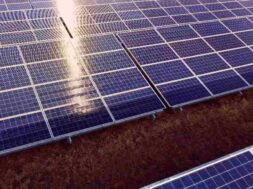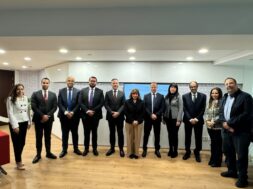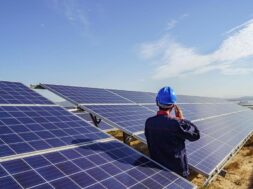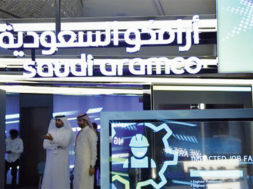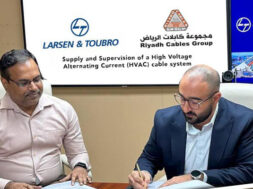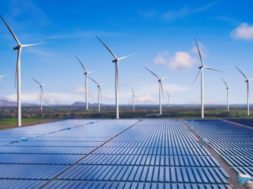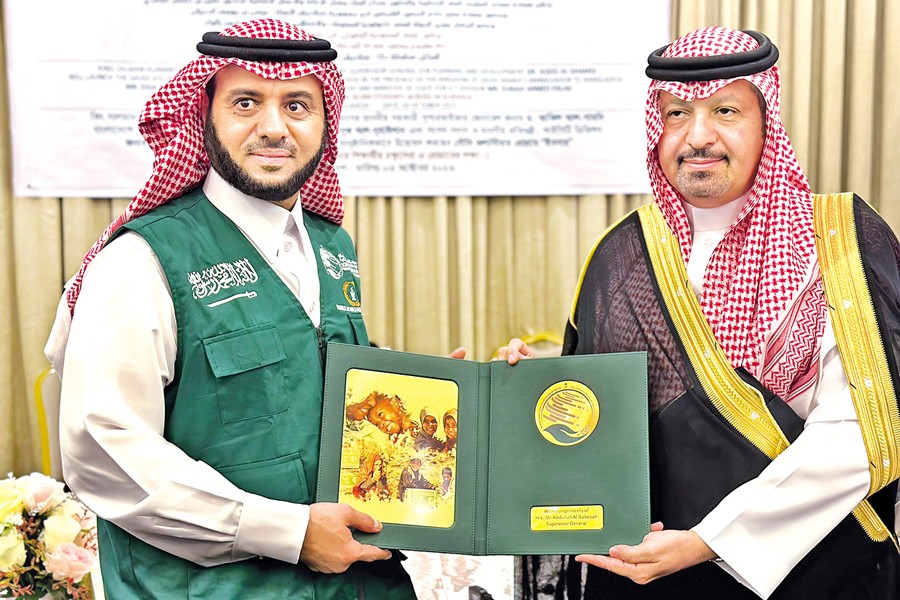
Saudi companies are exploring a potential 1000 MW solar energy deal and considering investments in refinery projects
In Short : Saudi companies are exploring a potential 1000 MW solar energy deal and investment in refinery projects. This initiative reflects Saudi Arabia’s efforts to diversify its economy, reduce dependence on oil, and promote sustainable energy sources. By investing in solar energy and refinery projects, the country aims to enhance its energy infrastructure, create jobs, and contribute to the global transition towards renewable energy solutions.
In Detail : Envoy also unveils more business plans
Saudi energy-giant ACWA Power intends to invest in a 1000-megawatt solar- energy project in Bangladesh while another company of the oil-rich country plans investment in petroleum refinery.
Saudi Ambassador in Dhaka Issa bin Youssef Al-Dahilan Tuesday spoke about these and some other business plans in Bangladesh.
Meanwhile, ACWA Power has signed an MoU with the energy ministry for a 730MW solar project, the envoy told a press briefing.
Responding to another question he said an agreement is expected to be signed between another Saudi company Red Sea Gateways Terminal (RSGT) and the Chittagong Port Authority in a couple of months under which the company will operate the Patenga Container Terminal.
He said RSGT also intends to operate some other new seaborne-cargo terminals at the Chittagong Port.
“Discussion is underway in this regard,” the envoy said about their plan to spread business wings wider in Bangladesh.
To another question the diplomat said the Saudi oil-giant Aramco has a plan to invest in refinery sector in Bangladesh. He mentioned that though previously several delegations from Aramco had visited Bangladesh, no progress could be made.
But some positive developments may take place now, he said, mentioning that this issue will be put on the table during the upcoming visit of the Saudi investment minister to Dhaka.
The press briefing was organised to announce a humanitarian programme called ‘Ebsar’ under which the King Salman Humanitarian Aid and Relief Centre will conduct awareness drive in 50 schools in the country.
“Our relationship is a multidimensional relationship, which encompasses areas including investment, economy, defence, culture, sports, and many other things,” he said.
“We have in Saudi Arabia more than 2.8 million Bangladeshis and the Saudi government and people acknowledge their participation in our development,” the envoy told the journalists in praise of expatriates from here.
And also they are contributing to the economy of Bangladesh by sending more than US$5.0 billion every year.
On Saudi support for repatriation of the Rohingya, he said Saudi Arabia, from the first day, calls upon the UN Secretary-General to issue a statement condemning what happened to the Muslim minority and other minorities in Myanmar.
And the statement was issued upon the request of Saudi Arabia.
Saudi Arabia is supporting international efforts for a safe repatriation of the Rohingya people and appreciates the gesture of Bangladesh to accommodate more than 1.2 million Rohingya here in Bangladesh.
“I hope that the first group will be repatriated soon smoothly and safely, and this will be the beginning of the process to repatriate all the Rohingyas to their homeland in Myanmar.”
Addressing the briefing session, Assistant Supervisor-General of the King Salman Humanitarian Aid and Relief Centre Dr Aqeel Al Ghamadi said, “The Kingdom of Saudi Arabia has been providing humanitarian programs and aid around the world under the guidance of the Custodian of the Two Holy Mosques, King Salman bin Abdul Aziz Al Saud and His Royal Highness Prince Mohammed bin Salman the Crown Prince and Prime Minister.
“Their commitment to helping people in need has placed the kingdom among the top 10 donor countries in the world.”
Over the past three decades, Saudi Arabia has provided more than 124 billion US dollars in humanitarian and developmental aid to low-and middle-income countries, he mentioned.
Mr Ghamadi informed that since its inception, the Centre had implemented 2591 projects in more than 94 countries at a total cost exceeding US$6.0 billion. These include 52 projects to provide humanitarian aid to Bangladesh for which more than US$25 million was spent, he said, adding that these programmes benefited more than 6.0 million poor people.
Additionally, 25 projects, worth 26 million dollars, have been implemented to support Rohingya refugees camped in Cox’s Bazar.
Regarding a new project for combating blindness he said in Bangladesh, the prevalence of blindness is estimated at point-six per cent and the prevalence of moderate-to-severe visual impairment is estimated at 2.3 per cent, most of which is attributed to refractive errors and cataracts.
Out of every 10,000 children while 8.1 per cent of the total schoolchildren estimated at 37 million here in Bangladesh suffer from vision problems, he said.
Helping to reduce the rates of blindness and visual impairment in Bangladesh has been “top priority for the King Salman Humanitarian Aid and Relief Centre since the beginning”.
